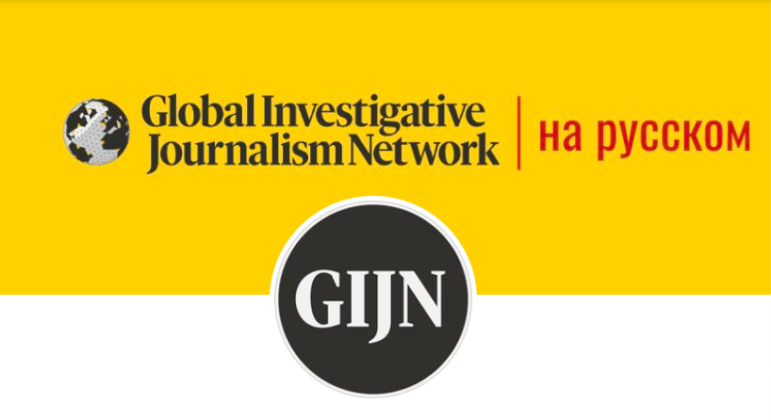
Inside GIJN Press Freedom
GIJN Response to Being Listed as ‘Undesirable’ Organization by Russian Government
GIJN officially protests having been flagged as an “undesirable” organization by the Russian Ministry of Justice.

GIJN officially protests having been flagged as an “undesirable” organization by the Russian Ministry of Justice.

The level of information censorship and manipulation by the Chinese authorities made the selection for this year’s editor’s picks particularly difficult.

Featuring stories on the risks of online propaganda and political disinformation to social media-based blackmail attacks against women.

Also featuring stories exposing political disinformation, human rights violations by police, online abuse of women, and exploitation of agriculture workers.

Featuring stories covering natural resources theft, forever pollution, corrupt business practices, and child sexual exploitation.

Ranging from the toxic legacy of asbestos after the earthquake to exploring meth addiction.
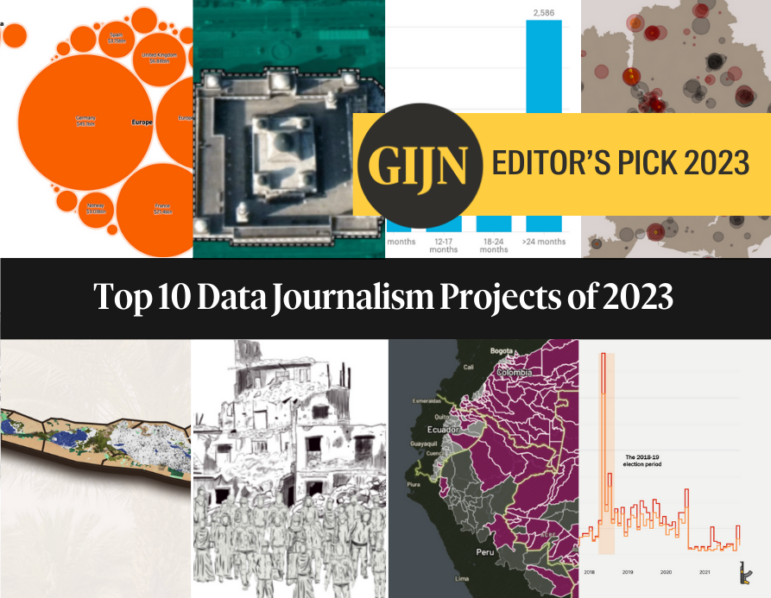
Featuring stories on climate change, pollution, algorithms, war and conflict, the Turkey-Syria earthquake, and a deadly migrant shipwreck in the Mediterranean.

Featuring stories on the destruction of the Brazilian Amazon rainforest, sexual abuse in the healthcare sector, and a sampling of the investigations into the Bolsonaro clan.

Featuring undercover reporting in prestige manufacturing projects, reconstructing a deadly Mediterranean shipwreck, and a look at the lucrative cancer treatment market.
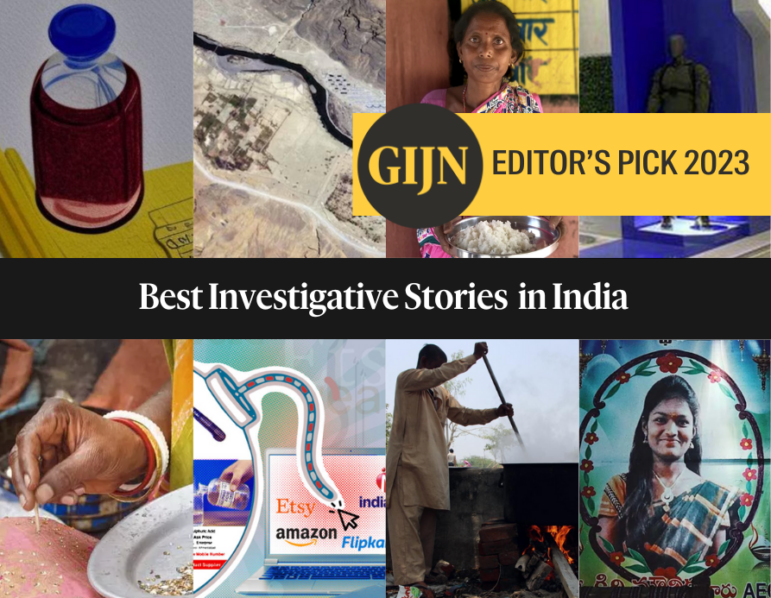
Featuring investigations on China’s inroads into Indian territory, the true cost of New Delhi hosting the G20, predatory online loans, and toxic cough syrup.
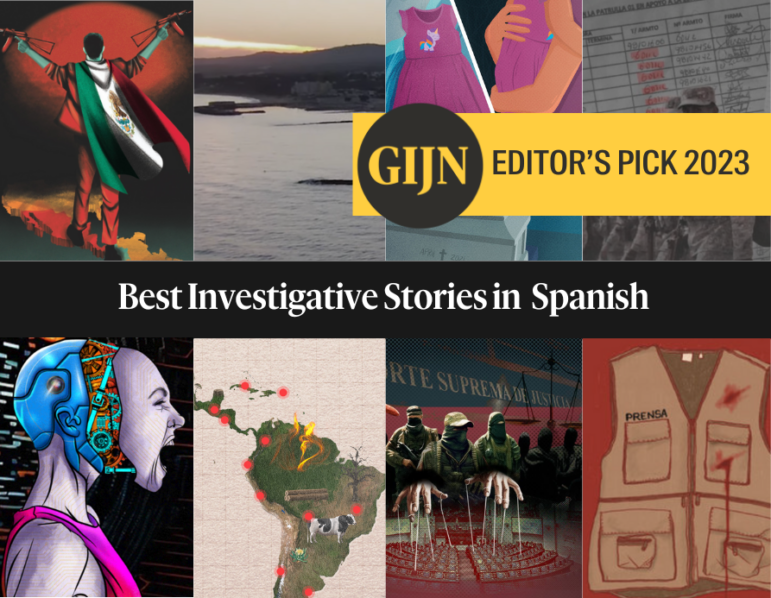
This year’s round-up of the top investigative stories in Spanish explores a wide range, from deforestation in the Mexican Caribbean to drug trafficking on Spain’s Costa del Sol.
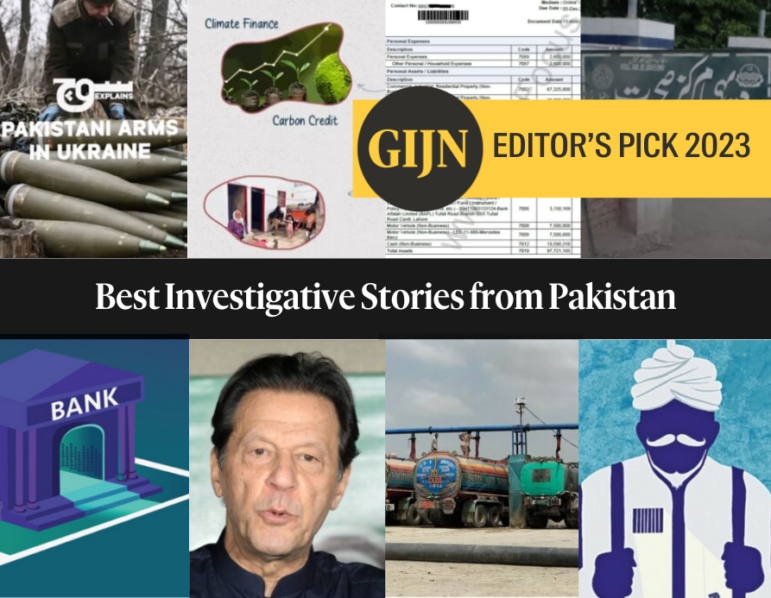
Despite challenging circumstances, international news outlets still broke major political stories and local journalists continued to push boundaries.

Based on a leaked trove of briefing documents, this exposé revealed the COP28 host country’s plan to push for lucrative oil and gas deals at the world’s premier climate change conference.

How can journalists use data without reducing the murder of women to crime statistics, and produce a narrative that humanizes without sensationalizing?

The global boom in audio streaming offers an opportunity for investigative journalists to reach wider audiences by developing multilingual translations of their podcasts.
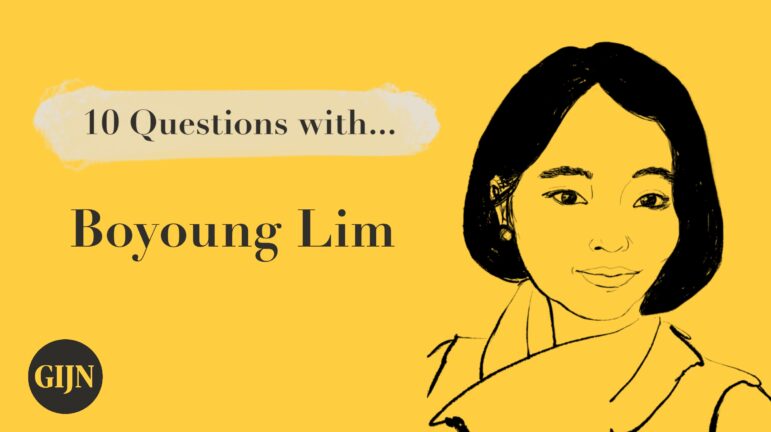
Boyoung Lim went from police officer to investigative reporter to head of the Pulitzer Center’s AI Accountability Network — a career trajectory neither linear nor planned.

The best of modern data journalism tells powerful stories that test assumptions. At GIJC23, two experts discussed strong recent investigations and what makes them stand out.
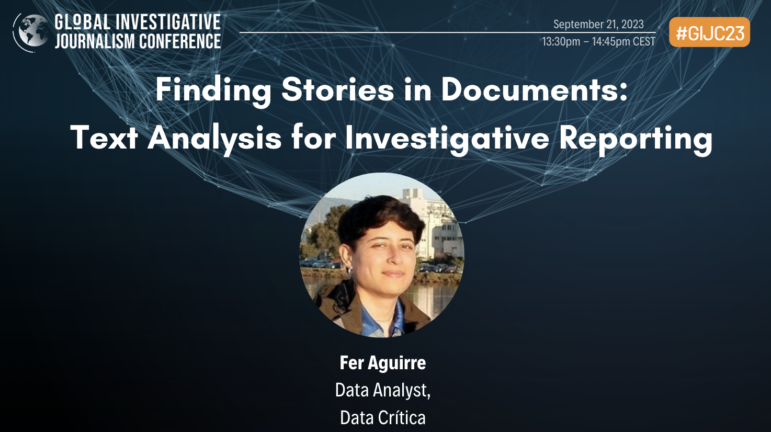
Investigative journalists often face the challenge of reviewing and combining large documents or data in text forms. This can be very exhausting and labor intensive.
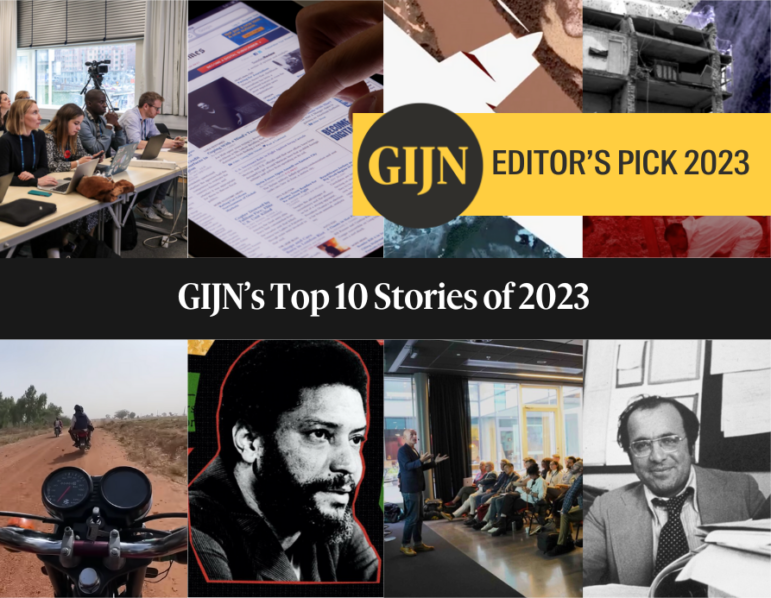
A curated list of 10 notable GIJN articles from this past year — a mix of our most popular stories, great reads, data journalism best practices, and game-changing reporting tips.

The use of hacked data is an ethical challenge for investigative journalists. But responsible use of this information can lead to public interest revelations that would otherwise stay hidden.
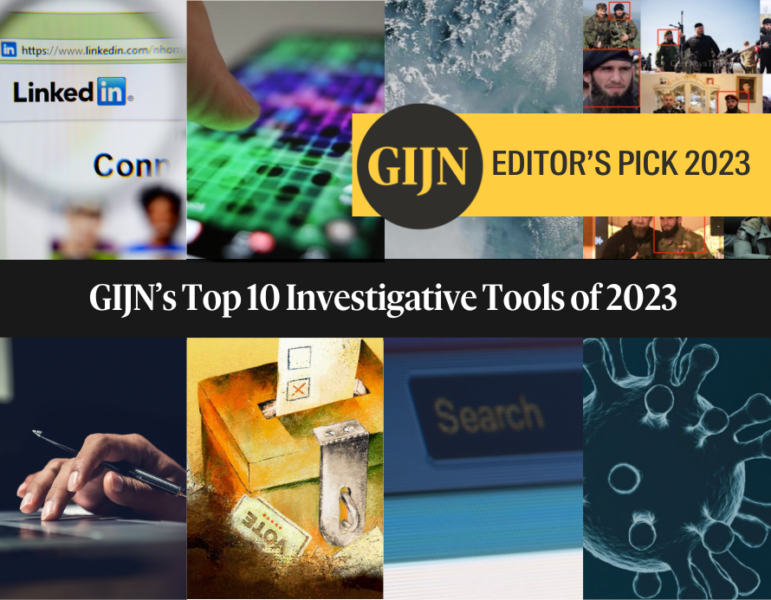
Having flagged the top tips at NICAR23, IRE23, and GIJC23 in Sweden, GIJN offers the following 10 user-friendly tools that you might consider in your next investigations.
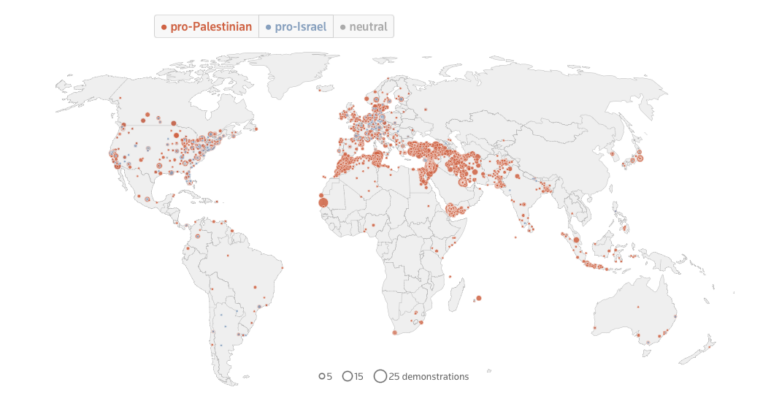
Featuring stories on extrajudicial killings in Bangladesh, protests about the Israel-Gaza conflict, China’s global maritime footprint, and a memoriam for Philip Meyer, a pioneer of data-driven journalism.
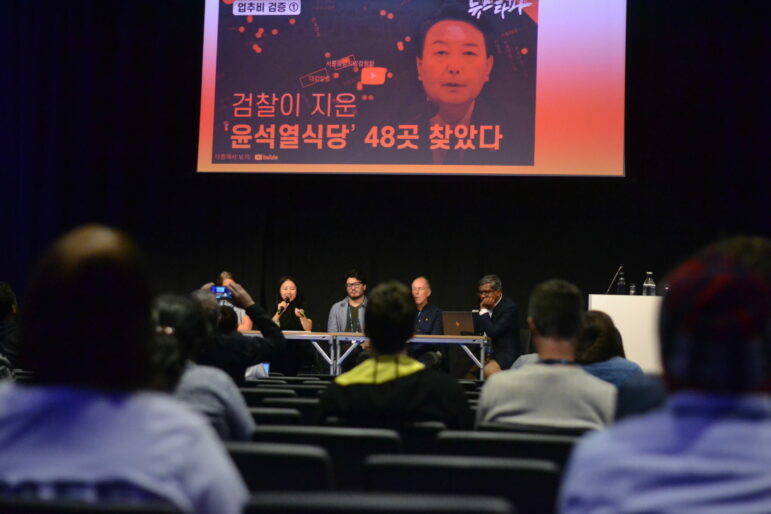
Many reporters rely on FOIA requests and RTI legislation for their investigations. But how do you take these requests to the next level?
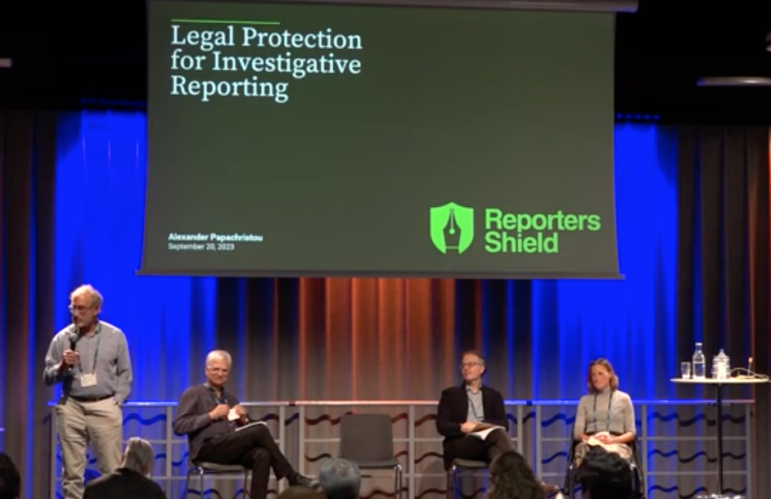
How journalists can identify whether they’ve been hit with a SLAPP suit — and resources for helping journalists fight back.
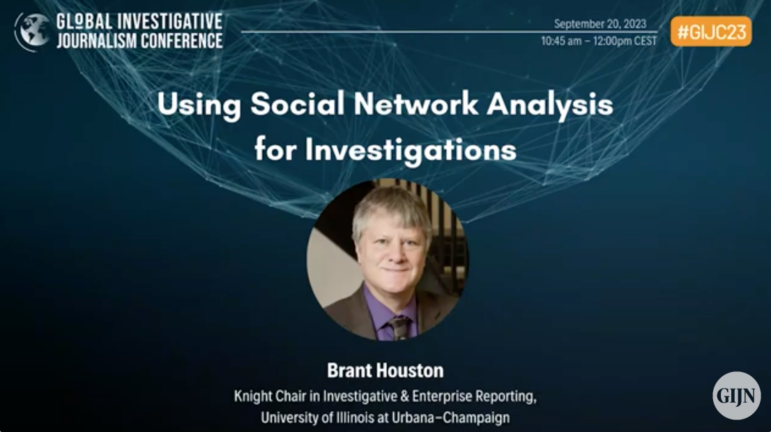
Social Network Analysis (SNA) enables investigative journalists to connect the dots that can lead to groundbreaking revelations and expose deep-seated wrongdoing.
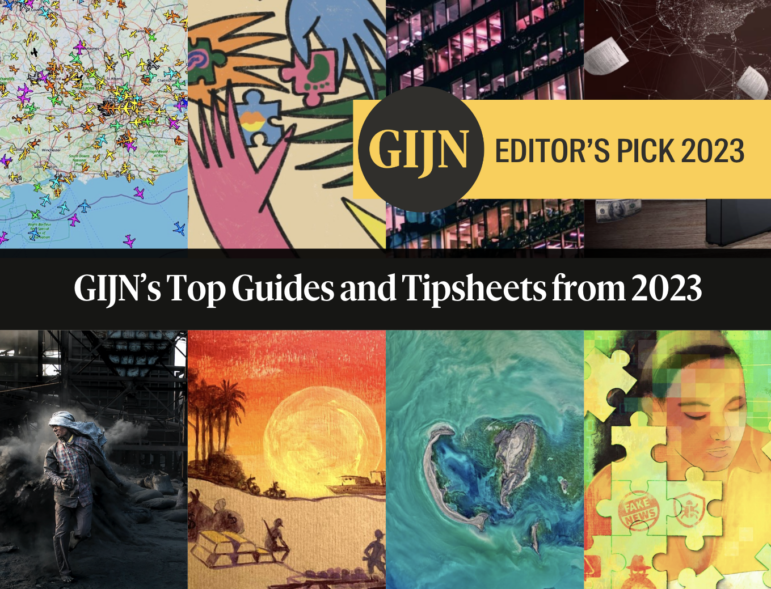
GIJN’s Resource Center presents a selection of our top reporting guides and tipsheets from 2023, from tracking climate change accountability to investigating war crimes.
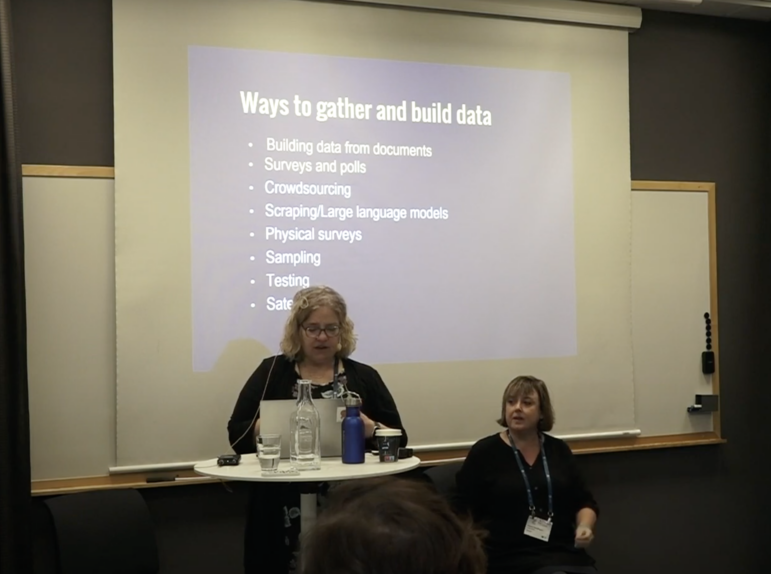
What do you do when you don’t get the dataset you need from authorities, or it doesn’t exist? Two experts provided tips at GIJC23.

GIJN is now accepting simultaneous proposals to host its next two Global Investigative Journalism Conferences in 2025 and in 2027.